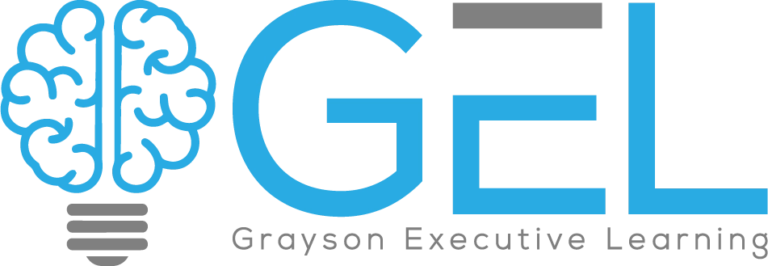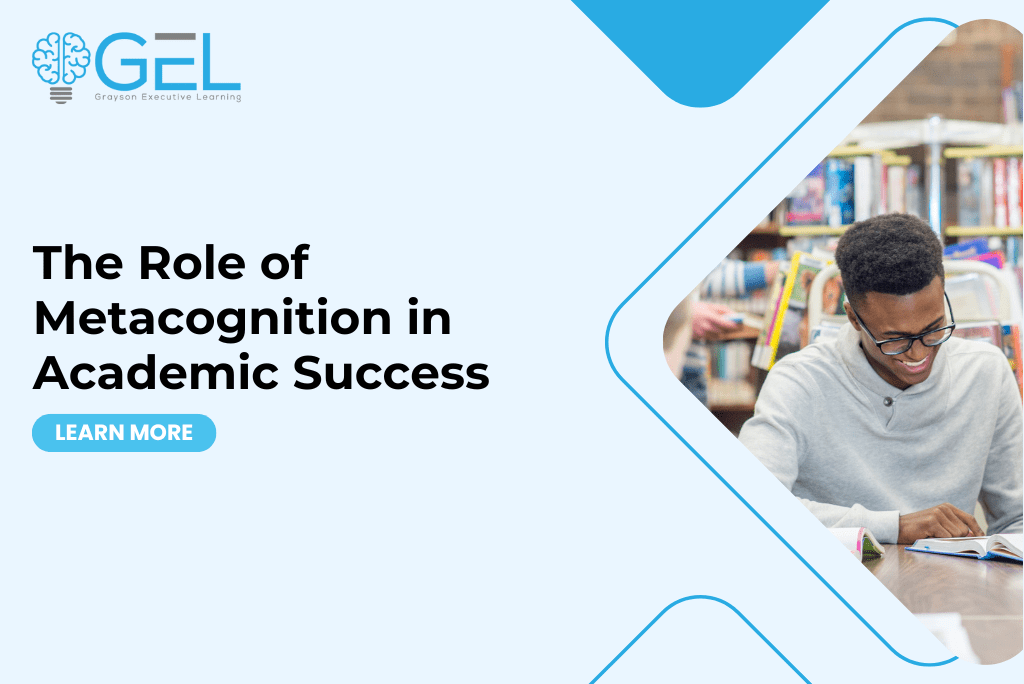Metacognition is often described as “thinking about thinking.” For students, it means being aware of how they learn, reflecting on strategies that work, and making adjustments when something does not. Researchers have found that strong metacognitive skills are linked directly to academic performance. In fact, a 2024 study of high school students in Nairobi found a measurable correlation between metacognition and achievement, showing that learners who monitored and adjusted their strategies performed significantly better than their peers.
When students begin to recognize their own strengths and weaknesses, they can plan ahead, evaluate their progress, and apply learning strategies that fit the task. This ability to adapt turns studying from a passive activity into an active, self-directed process that builds lasting academic confidence.
What the Research Tells Us About Thinking Skills
Metacognition is not just theory. Studies across different countries and grade levels have consistently shown its impact. For example:
- College research has found that students who practice self-testing, spacing out their study sessions, and interleaving topics perform better on exams than those who rely only on rereading or cramming.
- In the sciences, students who used metacognitive monitoring were more likely to identify areas of misunderstanding and adjust their approach, which led to higher exam scores.
- High school data from Kenya showed that both metacognitive knowledge (knowing how you learn) and regulation (controlling how you learn) predicted stronger academic outcomes.
These findings highlight a key point: metacognition works across subjects and grade levels, and it is one of the strongest predictors of whether students will succeed academically.
Why Students Without These Skills Struggle
Many teens, especially those with ADHD or executive function challenges, rely on ineffective study strategies. They might reread chapters without testing themselves, cram the night before exams, or confuse familiarity with actual understanding. Research shows that this often leads to overconfidence, poor retention, and frustration when results do not match the effort.
Without metacognition, students may:
- Overestimate what they know because material feels familiar.
- Struggle to transfer skills from one context to another, such as applying a math strategy learned in class to a homework problem.
- Avoid evaluating their own performance, repeating the same ineffective habits.
This lack of self-awareness can leave students trapped in a cycle of effort without progress, which often affects confidence and motivation.
Practical Ways Teens Can Build Metacognition
The good news is that metacognitive skills can be taught and developed with practice. Here are some approaches supported by research:
- Use retrieval practice: Encourage students to quiz themselves or explain concepts aloud. This helps them see where knowledge is strong and where gaps exist.
- Space out study sessions: Instead of marathon cramming, shorter, repeated sessions build stronger memory and reduce burnout.
- Mix subjects or topics: Interleaving, or alternating between different categories of material, strengthens problem-solving skills and improves retention.
- Reflect after tasks: After an exam or assignment, students should ask, “What worked well? What will I change next time?” Reflection builds awareness that improves future performance.
- Practice emotional awareness: Recognizing frustration or stress is part of metacognition. Journaling or naming feelings helps students manage emotions that might interfere with learning.
How Parents and Teachers Can Support the Process
Adults play an important role in building these skills. Teachers can model metacognition by talking through problem-solving strategies in class, while parents can encourage teens to reflect on how they approached homework or tests. Simple prompts like, “What strategy helped you here?” or “What will you do differently next time?” can start powerful conversations.
In group settings, fostering what researchers call “social metacognition” also matters. When students collaborate, share ideas, and evaluate one another’s approaches, they not only deepen their own understanding but also strengthen their ability to think critically in teams.
Closing the Gap: Coaching That Builds Lifelong Skills
Metacognition is more than an academic tool. It builds independence, resilience, and confidence that teens can carry into college and beyond. Yet, many students need structured guidance to develop these habits. That is where coaching makes a difference.
Grayson Executive Learning (GEL) is a boutique Academic and ADHD/Executive Function Coaching practice that specializes in providing premium one-on-one academic coaching services to high school and college students with ADHD and executive function difficulties.
Click here to learn how we can help your student truly reach their academic potential while developing critical life and independence skills.
We look forward to serving you.


